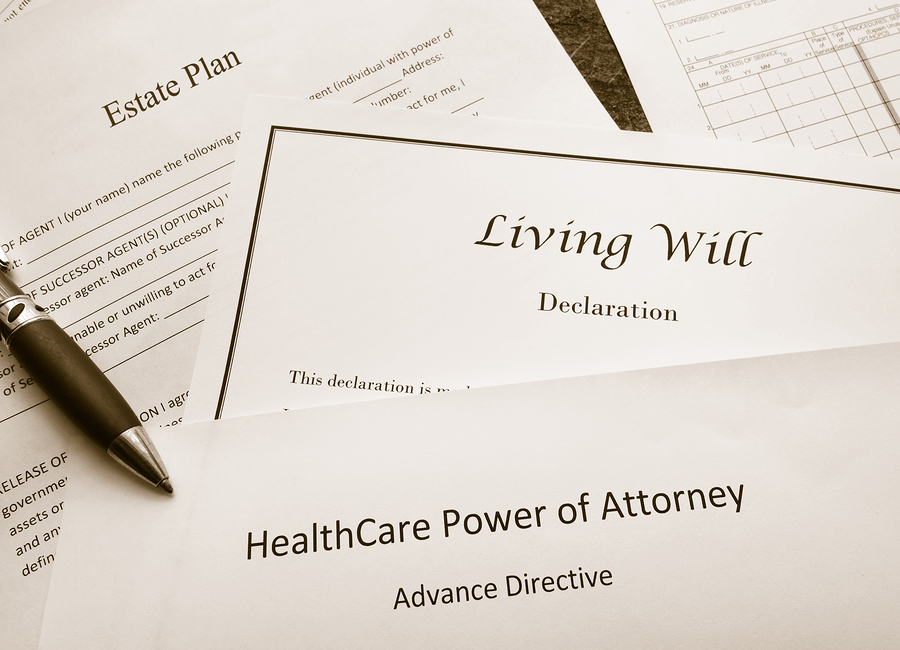A living will is a legal document that states your preferences for medical care, if you become incapacitated and are no longer able to communicate or make decisions for yourself, says Tyron Daily Bulletin’s recent article entitled “Why everyone should have a living will.”
In other words, it clearly states your wishes about how you want to be treated in a crisis involving your health. A living will can also be helpful to your family because they won’t have to make difficult choices about your continued care or termination of care under specified circumstances. A living will settles these questions and decreases the chances of confusion or arguments among family members over what’s in your best interest.
Note that each state has its own living will form or specifics about what instructions you should consider including when it’s written. Talk to an experienced elder law or estate planning attorney about your state’s requirements to ensure your wishes are enforceable, if you have moved and now live in another state.
A couple of things to think about before you create a living will include talking to your doctor about treatment options to be sure she or he will honor your instructions. Make sure that your primary physician and hospital have a copy of your living will on file with your medical records. Give a copy to your healthcare surrogate or healthcare power of attorney.
The type and extent of your medical care treatment or what efforts should be made to keep you alive is very personal. There are treatments that are very tough on the body, so you may want to say how long you’d be willing to go through certain regimens. If comfort and being free of pain are your priorities, make sure this is stated in your living will.
Designate a person you trust to be named as your healthcare surrogate or healthcare power of attorney. He or she will be permitted to make healthcare decisions on your behalf based on your wishes, prior to any health-related incident that may render you unable to communicate.
A healthcare POA or surrogate doesn’t have to be a family member. It can be a trusted friend, who would relieve your family of the stress of making difficult or in some cases, end-of-life decisions.
A living will discusses your wishes about many issues, such as breathing assistance with a ventilator, feeding tubes, medications and becoming an organ donor after your death.
Talk to an elder law attorney to make sure the document is written in a clear and instructional way that leaves little or nothing open to interpretation.
A living will can provide you and your loved ones with peace of mind, if a time comes when some of life’s most serious decisions need to be made.
Reference: Tyron Daily Bulletin (Jan. 11, 2022) “Why everyone should have a living will”




